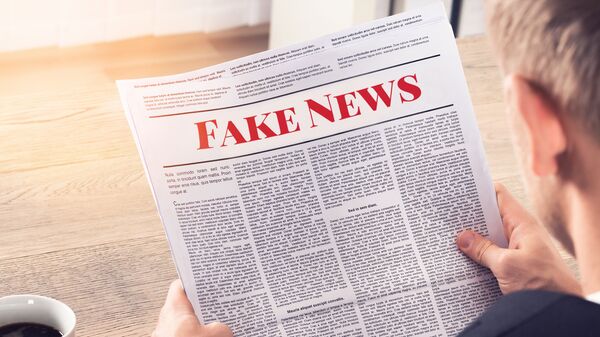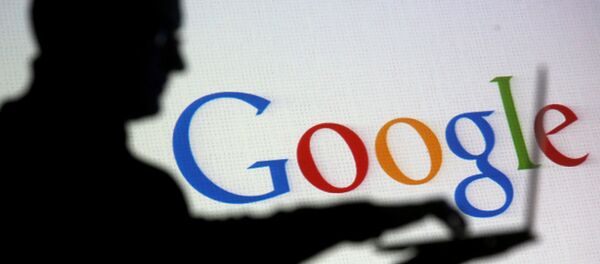Forty-nine percent of respondents wrote that they had a "a great deal" or "a fair amount" of confidence in the press, compared to 50 percent who said they had "only some" or "hardly any" trust.
Of the respondents who believed that negative stories about Trump are planted in the media, 54 percent said the stories are made up "about half of the time;" 32 percent said it happened "most of the time;' and 14 percent said it happened "all of the time."
The poll, which came from the 2017 Poynter Media Trust Survey, found a strong correlation between political affiliation and mistrust in the media. Overall, just 19 percent of Republicans expressed confidence in the mainstream press.
On the other side of the aisle, Democratic respondents showed significant confidence: 74 percent said they had "a great deal" or a "fair amount" of trust in the mainstream outlets. This is a massive upswing from the 2016 election, where the same poll found just over 50 percent of Democrats trusted the media.
Over three-quarters, 77 percent, of those who said that media outlets peddle fake stories about the president were Trump supporters and 74 percent were Republicans. Furthermore, 31 percent of respondents — and 63 percent of Trump supporters — referred to the media as an "enemy of the people." Trump himself referred to mainstream media outlets as exactly that in February.
A quarter of respondents, and 42 percent of Trump supporters, went even farther, calling for the US government to "stop a news media outlet from publishing a story that government officials say is biased or inaccurate."
One thing that 69 percent of respondents were able to agree on was that the media "tends to favor one side" in their political coverage. No prizes for guessing which side that might be.
"Based on the news sources people visit, there seems to be a lot more overlap in the information they encounter than the 'echo chambers' narrative would suggest," said Andrew Guess of Princeton University, one of the authors of the study, in a statement that accompanied the poll. "It's possible that some of the trust differentials in our results are driven by people who see plenty of news from across the ideological spectrum, but simply don't believe it."
The survey was conducted among 2,100 respondents from a YouGov Pulse panel, with the data collected in early November.
Poynter is a Saint Petersburg (the one in Florida, calm down) think tank that analyzes and tries to improve communication between the press and the public. During their inaugural Poynter Journalism Ethics Summit earlier in December, Dartmouth College political scientist Brendan Nyhan called the trend of increasing party polarization when it comes to trust in media worrisome.
"We've seen these dynamics occur on issues with scientists, and their perception is being affiliated with the Democratic Party, and that really harms scientific credibility in the public debate," Nyhan said during a panel.
"If journalists go down that the same road and become seen as part of the Democratic [Party] coalition, I think it's very harmful to the ability of all you to do your jobs and to create this reasonably broad, shared consensus about the nature of reality that we'd like to hope is a mission of journalism."





